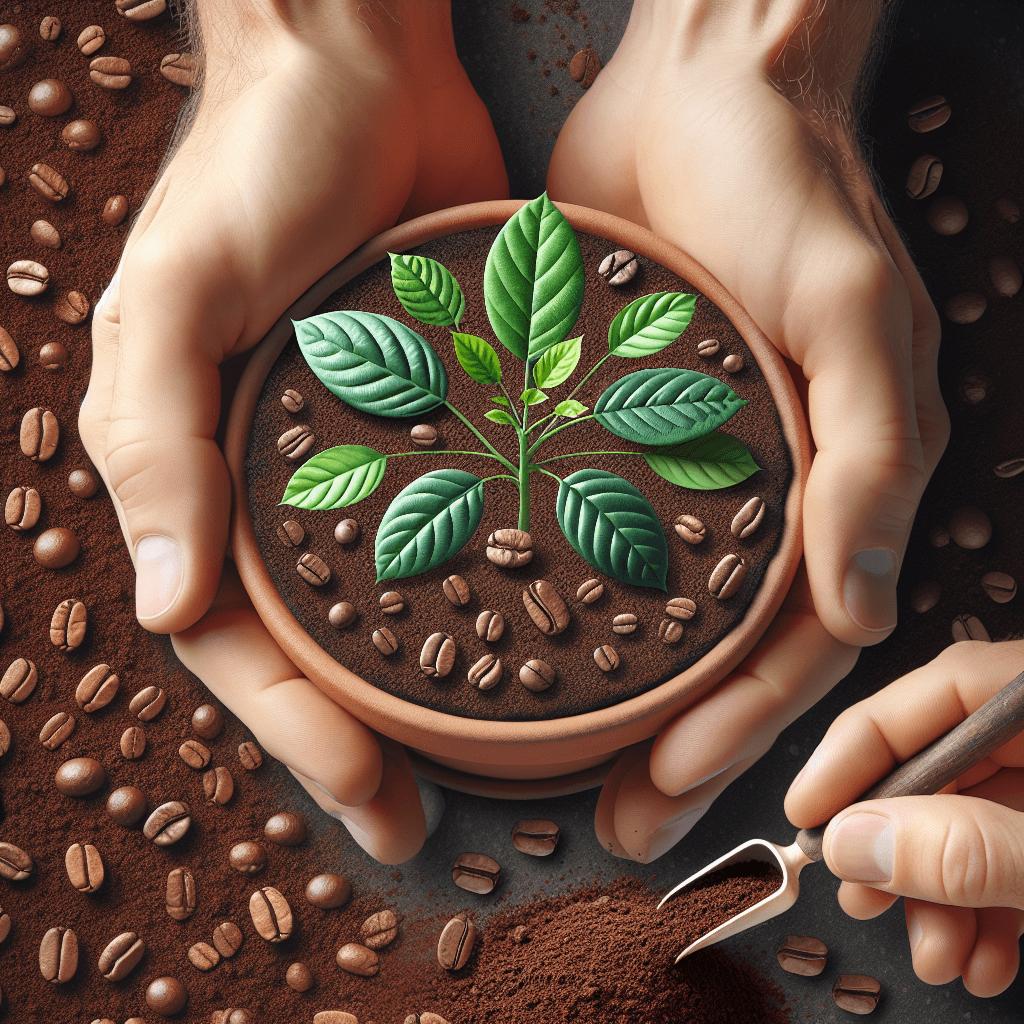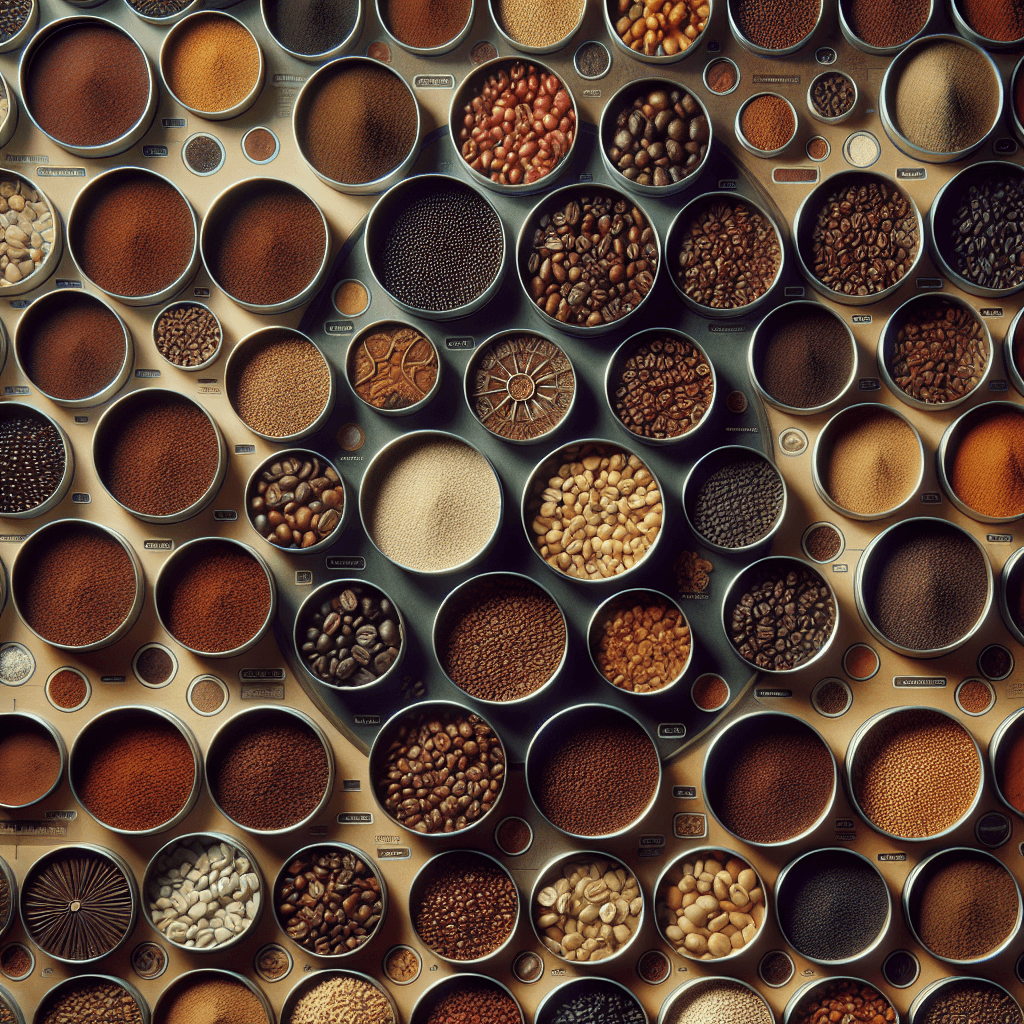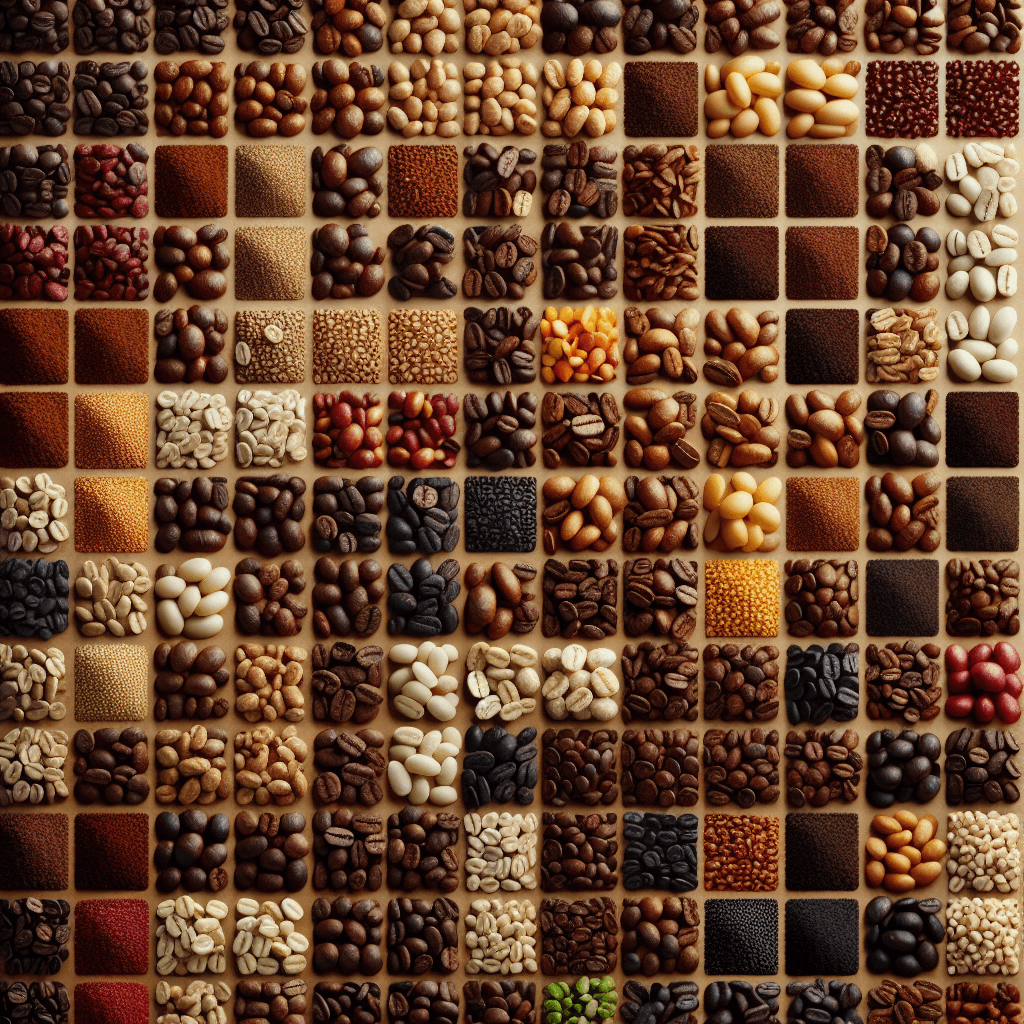"Ultimate Guide: Using Coffee Grounds for Plants"
Brewing Up Some Green Thumb Wisdom
If you think the life of your coffee grounds ends in that morning cup of java, think again. There's a whole second act waiting for them in your garden. Many gardeners have discovered what coffee lovers and plants have in common – an appreciation for coffee, or more specifically, coffee grounds. Let's plunge into the world where coffee meets the soil and cultivate some new knowledge.
Rooting for Coffee Grounds
Coffee grounds can certainly be good for plants, but like anything else, it's all about balance. Too much of a good thing can quickly turn into a bad thing. Coffee grounds are rich in nitrogen, a mineral that plays a vital role in plant growth and health. They also contain other minerals such as phosphorus, potassium, magnesium, and copper, all essential for plant development. Moreover, coffee grounds can improve soil structure and fertility, making it a fantastic, eco-friendly addition to your compost pile.
The Type of Plants That Like to Perk Up With Coffee
Not every plant appreciates a daily caffeine jolt. Coffee grounds are slightly acidic and therefore are especially loved by acid-loving plants. This includes azaleas, hydrangeas, rhododendrons, camellias, roses, and many berry crops. If you're unsure about the pH preferences of your plant babies, a quick online search will clear up any confusion.
Brew-tiful Limitations: Not all Plants are Coffee Lovers
Just like in our human world, not all plants are coffee enthusiasts. Vegetables such as asparagus and bitter leafy greens might turn their leaves up at a coffee ground mulch. Also remember that while adding a layer of coffee grounds, don't let it get too thick as it compact easily and could create a barrier for water and air to penetrate.
A Grounds-keeping Guide: How to Use Coffee Grounds in Your Garden
Used coffee grounds can be used directly in the soil or added to your compost pile. Applying a thin layer (half an inch to an inch) around plants before watering, or mixing the grounds into the soil can nourish the plants over time. When it comes to composting, remember that coffee grounds are considered green compost material (because they are high in nitrogen) and should be balanced with brown compost material to maintain a healthy compost pile.
Daily Grind Tip: Always Use Your Coffee Beans At Peak Freshness
The same way you want the best for your plants, the quality of coffee you brew matters too. To experience peak flavor, buy your coffee beans no more than a month’s supply at a time, store them in an airtight container in a cool, dark place, and grind just before brewing. Reheating coffee is also a no-no, as it can spoil the taste. Brew only what you can drink, compost the grounds, and your plants will love you a 'latte'.
Stay Grounded!
When life gets “pressing”, remember to stay grounded - just like your coffee! Your plants depend on you, your coffee depends on you. Both are simple reminders to ‘savor’ the tiny moments and foster a spirit of nurturing and growth. As the famous English proverb says – “The best time to plant a tree was 20 years ago. The second best time is now". So, whether it’s brewing the perfect cup of joe or growing your dream garden, there’s no better time to start than the present.









